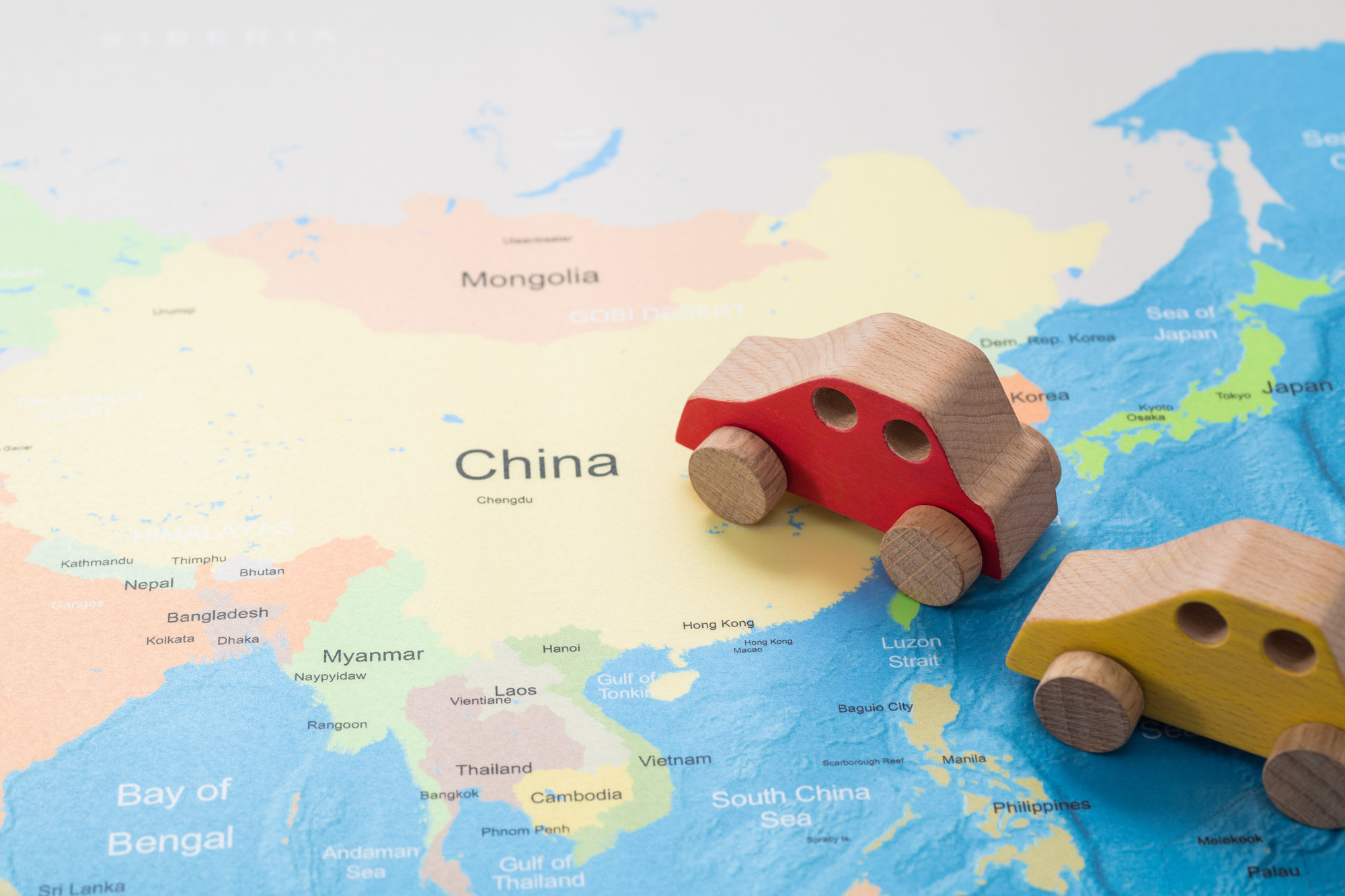2012/05/11
No. 148: Aiko Doden, "Responding to "Change" in Myanmar"
[PDF version]
My first visit to Myanmar was in 2000, as an NHK correspondent based in Bangkok. When I checked in at the hotel, I noticed that there was a young Burmese man in a traditional longyi sitting in the corner of the hotel lobby, looking my way. The next morning, the same man was there again, but in khaki pants and a polo shirt was sitting in the same seat. My Burmese friend whispered to me, "Don't look, Aiko san, he is an MI, a military intelligence officer, and he is here to keep an eye on you." I understood then what it meant to be a journalist under a military dictatorship. If he was to be a constant presence, why not introduce myself properly, I thought. As I walked towards him, he rose to his feet. "Hello, my name is Aiko Doden..." but before I finished, he said "I know, Miss Aiko. You are a journalist," and shook my hand. That was my introduction to Myanmar. During my close to 40 visits to Myanmar, he was always there, "keeping an eye on me."
The lingering image that I have of Myanmar from those days is of a little girl of about three whom I met in front of the rundown office of the opposition National League for Democracy (NLD). She wore a cotton gingham dress that was too large for her and that looked as if it had never been washed. I found that she had a fever, and was also suffering from diarrhea. When I picked her up to give her a hug, I was stunned by how frail she was. As I cuddled her in my arms, I was reminded of what my mother used to tell me, that during WWII in Japan, children who were malnourished and underweight did not survive to see the end of the war. MOFA statistics show that in Myanmar, out of approximately 1.46 million infants, about 10% or 125,000 died before reaching the age of five. Myanmar has far to go until the dividends of change can be enjoyed by the entire nation.
Myanmar was previously identified as "an outpost of tyranny" yet it was considered a "boutique issue" at the same time, important but not of the highest priority. The international community tried various approaches, ranging from hardline economic sanctions by the Western countries to softer policies of engagement by Asian states, but none seem to have produced tangible results. Today, we are witnessing a completely different situation of a "Myanmar Rush," with a continuous stream of dignitaries and business delegations trooping into Myanmar lauding the changes that are taking place.
Little more than a year ago, Myanmar's pro-democracy icon Aung San Suu Kyi was under house arrest. It was only when the new government was installed after the national elections in November 2010 that she was released from a confinement that had lasted for 15 years in total. Then a political dialogue between Aung San Suu Kyi and President Thein Sein took place in August 2011. During the by-elections in April 2012, the Myanmar government for the first time accepted an international observer mission. Taking the oath of office following the NLD's landslide victory, Aung San Suu Kyi has become not only an icon but an opposition parliamentarian as well. Now both President Thein Sein and Aung San Suu Kyi are being tested as to whether they can succeed in making their own people see what "change" implies.
Change is certainly occurring in Myanmar at a speed exceeding expectations. Phones can be rented at Yangon International Airport, something unimaginable 10 years ago. On the streets of Yangon, young girls no longer wear longyi and they look no different from teenage girls in any other city in Asia in their colorful T-shirts and tight-fitting jeans. Vendors sell newspapers that carry photos of Aung San Suu Kyi, who used to be discreetly referred to as "The Lady" since mentioning her name in public was considered a political taboo. A high-ranking US State Department official confided to me that they "had not expected that change would happen this fast" and that they did not yet know "why President Thein Sein decided to come this far, when Myanmar could have followed in the footsteps of Vietnam, where change was more gradual and incremental." Change is happening in the rest of the world, too. Countries are gradually readjusting their Myanmar policies, redefining their relationships to the extent that they have begun to ease or suspend sanctions. Myanmar, a country rich in natural and labor resources, is no longer a boutique issue.
Observing the recent developments, Nobel Laureate Prof. Amartya Sen expressed concern that "many countries feel that, OK, we have done what we had to do in Myanmar and now we can lift the sanctions and the Burmese would be very happy to trade, but this may not necessarily be terribly good for the Burmese." It is true that Myanmar today is mostly portrayed in the context of "cheap labor," "abundant natural resources" and "investment opportunities." He reiterated his concept of increasing "justice" as change takes place, and stressed that among the points that need to be addressed are the reduction of income inequalities, political participation, human right violations, neglect of people who are starving and dying without intervention, and the lack of medical care.
Bringing about change is one thing, but securing it is another matter. Myanmar may be a land of golden opportunity for investment and business, but it is also facing mounting challenges that the country was unable to address while it remained in isolation. Change means that it is now time for the international community to coordinate coherent assistance policies that will support Myanmar's transformation.
Acknowledging and responding to the changes in Myanmar, the Japanese government announced it will waive $3.7 billion of Myanmar's debt, more than half the loans owed to Japan by Myanmar, and move towards resuming official aid. This initiative aims to encourage further change and secure it. A variety of possible programs ranging from poverty eradication and capacity building to institution development will be offered As improving operational capability is paramount in sustaining reforms, Japan plans to provide capacity-building training for students and mid-career-level government officials, as well as aid the build-up of infrastructure and know-how by supporting the refurbishment of hydropower plants, the reform of financial systems and the development of legal architecture to facilitate trade and investment.
Reform will be as elusive as a mirage unless and until solid foundations are laid to secure these emerging changes. There is little doubt that Myanmar is being transformed. Just strolling down a street in Yangon was enough to make show me that it is no longer the country I experienced 10 years ago. Ultimately, I want to believe in change and the true test is whether that tiny girl outside the NLD office, and others like her will be able to enjoy the dividend of change-that is when I will know that the change in Myanmar is genuine, and here to stay.
Aiko Doden is a Senior News Commentator on international affairs at NHK (Japan Broadcasting Corporation). She is also the presenter for "NHK Asian Voices" (NHK World TV / NHK BS1), a debate program in English on global affairs from an Asian perspective.
The views expressed in this piece are the author's own and should not be attributed to The Association of Japanese Institutes of Strategic Studies.





